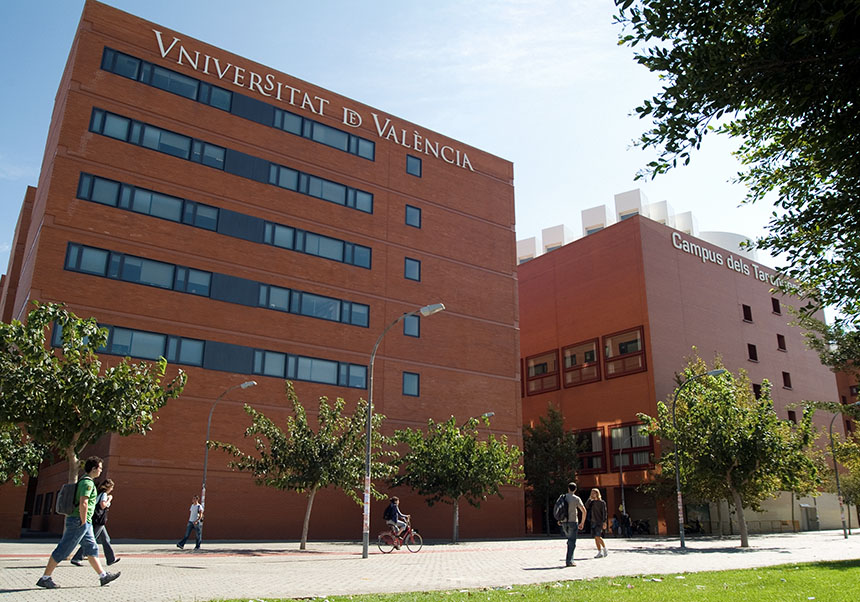Informatics Engineering graduates: the most required profile in the labour market
- UV General Foundation
- February 22nd, 2022
According to the results of the third Study on Labour Market Insertion, carried out by Uvocupació, from the Universitat de València, the most required profile in the labour market is that of informatics engineers. This has been reflected in some indexes, such as the activity in the labour market, hirings related with the the graduate’s degrees, hirings that required university studies, the type of shifts or the workplace. The numeric value in this case is higher than 95%.
In some cases, even a 100% can be achieved. According to the study, these are the cases among active graduates in the labour market who were hired in the first two years after finishing their degree programs. In addition, the total amount of graduates achieve work experience by the time they have finished their studies. These numbers are related to the percentage of graduates that found a job either during their degree programs or six months after graduating. This is the second highest percentage in the UV after the results from the degree in Optics and Optometry.
The Labour Market Insertion team added that the degree in Informatics Engineering has the highest mean value in the Universitat de València regarding the amount of working months in workplaces that require university degrees. These months range from the moment the graduates finish their degree programs to the moment they take the Employment Service survey. The team stated: “This means that almost all graduates have been employed within a period that goes from moment they finish their studies to when they take the survey, and these data are very satisfactory”. They also added: “There is a huge requirement of graduates with this profile in the labour market, which has enabled them to not having any difficulties to find a job and to work from the moment they finish their studies”.
This is something Jordi Silvestre, data scientist and Informatics Engeneering graduate, talks about in the following chapter of ‘Treballem. De la Universitat al món laboral’ (which translates to ‘Let’s work. From university to Labour market’). He started his first professional internship at the Institute on Robotics of the UV, where he developed cross-disciplinary competences “in a working and research environment”, which completed the ones he had already acquired in his degree studies, such as “web applications development, programming, systems maintenance, data managing...”, as he explains.
The most representative sectors in Informatics Engineering are business services (consultancy, counselling...), communication technologies, healthcare or chemical industries. Some departments where informatics engineers usually perform their jobs are informatics, research/R&D and production, where they commonly work as programmers. However, they can also work as data annalists, information technology architects, developing annalists, automation or system engineers, researchers, maintenance technicians, project planners or software application technicians.
In this sense, Jordi adds: “Some of my colleagues are consultants, some others are programmers or experts in software security, or even experts in microprogramming for small electronic devices. The truth is that the possibilities that this degree offers are quite broad”.
Current or last employment
Jordi Silvestre’s experience answers to the conclusions about the labour integration study carried out by Uvocupació, where the results of the current and the last employment stand out in the study. 96,6% of the graduates had a job related with their degree, which is the fourth highest percentage after graduates of Medicine, Nursing and Optics and Optometry. Meanwhile, 72,4% of them found a job that also required university studies. Two years after finishing their studies the percentage gets to 86,7%, which is almost 24 more points than the UV.
On the other hand, that 72,4% had a secure contract, which is the highest percentage in the Universitat, considering that the global percentage is 30,1%. In addition, 86,6% worked as technicians or were in charge of other employees (the global value is not higher than 60%); 96% of them worked full time (the second highest value of the Universitat after the degree in Industrial Electronics Engineering, being 62,4% the global UV value; and 96,6% of them worked in their shift of preference.
More information:















